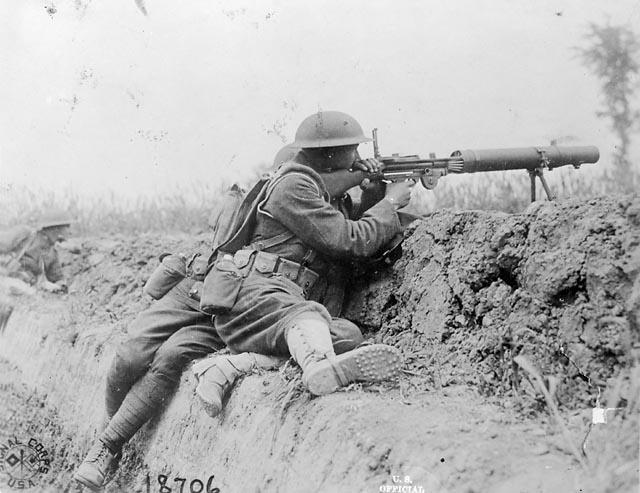Amid the News of Our Sad, Messy World, Daily Routines Uplift
By • August 4, 2014 0 959

In troubled times, the precious daily dealings we do demand to be noticed, as if they might lose themselves in the morning headlines and the nightly news.
Of late, we have lived a summer of ongoing sorrow as well as one in which the weather has contrived to bring us rain and heat and the tribulations of storms during the week, and often picture-perfect weekends which we embrace with urgency.
In Washington, D.C, where the world news is local news and politics are like soot in the air, these patterns are especially poignant. We saw recently flowers grow like gardens at the Malaysian Embassy and the Embassy of the Netherlands, where mourners signed condolence books and President Barack Obama visited. It was the Dutch who suffered the most deaths in the shocking, horrific shoot down of a Malaysian over battle-contested territory in Ukraine. Nearly 300 deaths came from that act, suspected to be committed by pro-Russian separatists armed with sophisticated missiles, obtained from Russia, in eastern Ukraine. Bodies of passengers and uniformed crew members and children and toys, laptops, scarves and shoes and notebooks fell from the sky and scattered across the war-torn steppe.
The protagonists in that tragedy are still sifting through the physical and emotional wreckage that came from—there were funeral marches, candlelit vigils, full churches and anguish both spoken and held in the quiet of the night. In the meantime, the quasi-civil war continued in the Ukraine, apace, some of it fought near the site of the crash.
In the Middle East, there was nothing but death and fire everywhere, most dramatically in the Gaza strip, that embattled, compact land in which Palestinians live in stark contrast to many of their neighbors. A series of events—the murder of three Israeli teenagers, a retaliatory killing of a Palestinian teenager and the launching of rockets by the militant group Hamas into Israel—led to eventually an Israeli invasion of Gaza in search of deadly tunnels and launching sites. Gaza has become a killing ground with half-hearted truces quickly broken. A thousand Palestinians have died, many of them civilians, many children among them. There have been significantly more Israeli military casualties than in previous such clashes.
There seems to be no end in sight—thousands dying in Syria in the civil war there, hundreds more in Iraq where a preternaturally violent terrorist group is still within sight of Baghdad, killing with terrible efficiency.
These are the daily news of our lives—they often obliterate other news, as well as the politics of our divided times, including the big national questions of what to do with the flow of Central American youngsters to the American borders in Texas.
This is the stuff of coffee house talk, morning headaches, anguish and sorrow for many Washingtonians, this most international of cities, who have friends and relatives in the areas of conflict and killing.
In times like these, in this city, we cherish the joys we can manage, almost with a kind of guilt, the news always out there like a reproach. Still, the sun reflecting on carefully stacked tomatoes, bright and shiny, from the Eastern Shore, is a welcome, almost energizing sight: the colors seem perfect, even blessed. At the Dupont Circle Sunday market, musicians—a black, wiry man playing jazz with his violin, a smallish man in blue jeans putting a folk and country wail into a song about love gone dry in the long ago.
We wander through the market, where ready-made food is an increasing presence, buy our Sunday crab cakes because we must, take home West Virginia potato salad and a scrumptious peach and strawberry pie.
At Eastern Market on Capitol Hill, we mingle with the many who have come to enjoy the sun and its bearable temperatures and blue sky. We buy a stack of chocolate chip cookies from a woman who says, “Money back guaranteed, the best cookies on the street.” We go to the bookstore stacked with so many used books over two or three floors that the building seems to list. “Been here over two decades, sitting right here behind the counter,” the proprietor says. “You need to get out more,” somebody tells him. Children run, fathers lift their baby boys, dogs abound and jewelry from South Africa sparkles like a gift to come.
These days, you notice these things in what appears to be a sad, dangerous summer, filled with bright skies and omens.
In 1914, 100 years ago, on July 28, World War I began — after a month before there was another impossible blue-sky day like that in Sarajevo, when Gavrilo Princip, a Bosnian Serb, shot the heir to the Austro-Hungarian throne, setting off a series of events that would lead to the deaths of millions and change the world.

